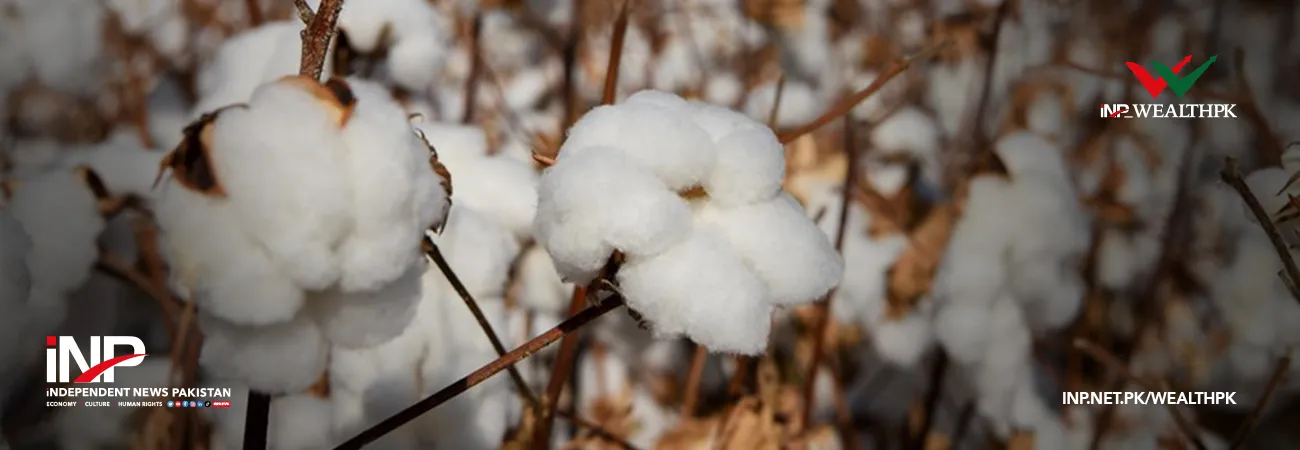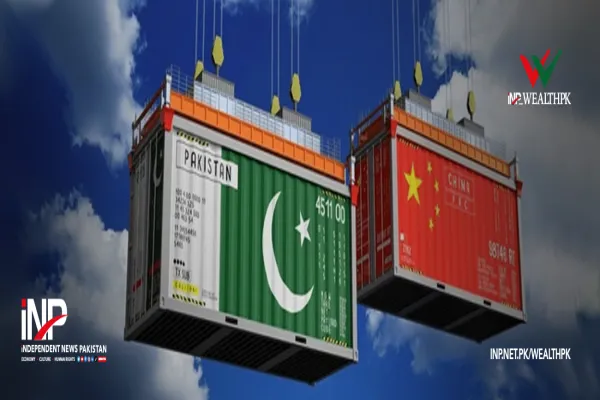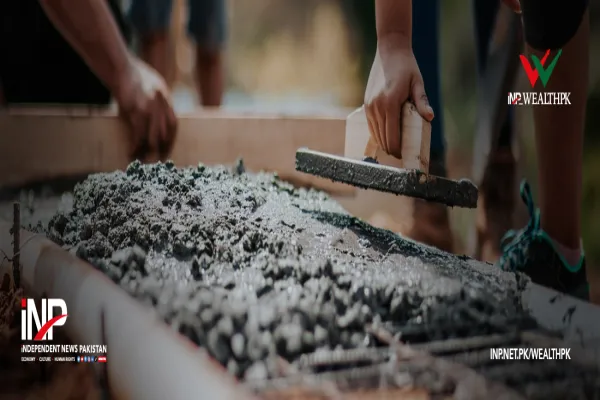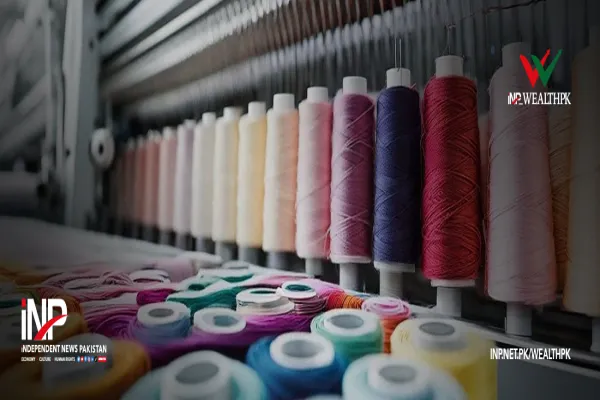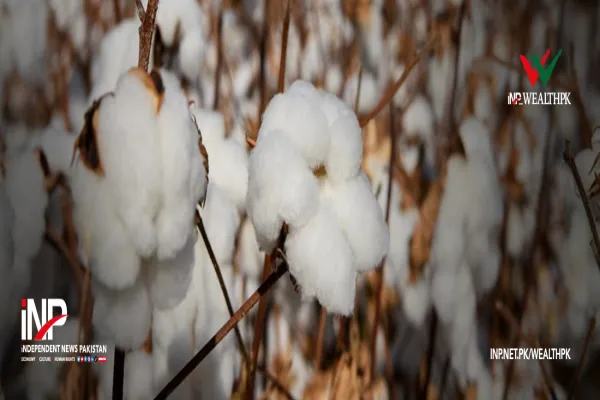i INP-WEALTHPK
Muhammad Saleem
Pakistan’s textile exports face a looming threat as recent floods have wiped out vast cotton fields, raising fears of an acute shortage of raw material and massive financial losses for growers.

Muhammad Latif, former chairman of Pakistan Textile Exporters Association, talking to Wealth Pakistan said that floods had put the economy under tremendous stress. However, he said the challenge can be tackled through ensuring emergency cotton imports, providing relief to growers, and executing long-term reforms.
“Amid the flood crisis, India will try to cash in on Pakistan’s difficulties. Indian exporters will also attempt to sell their cotton to Pakistan through different routes,” he said. Latif urged the government to take stock of the situation, stressing that the crisis was severe. “Textile exports are a lifeline for the country, bringing in much-needed foreign exchange.”
“The floods have destroyed large swathes of cotton fields. In such conditions, millers will have no option but to import cotton from different countries, which means higher costs. If we do not act quickly, Pakistan could lose billions of dollars in export orders, and the situation will further contribute to rising unemployment,” he cautioned.
Mr Latif said that the government must support the textile sector because cotton imports will increase product prices, making it difficult for Pakistani exporters to compete in the international market. He said that international buyers, especially in Europe and the US, always look for cheaper suppliers. “If our prices rise, orders may shift to Pakistan’s competitors. That is why, the government support is needed in reducing duties, and providing energy at competitive rates.”
Dr Zulfiqar Ali, Vice Chancellor, the University of Agriculture Faisalabad (UAF), told Wealth Pakistan that climate change had wreaked havoc on Pakistan’s agriculture sector. He said that the textile industry of the country will certainly face a cotton shortage as floods continue to damage agricultural land in different parts of the country.
“We have to explore alternatives to cotton, and research has shown that industrial hemp can blend with cotton. Industrial hemp is cheaper than cotton and, unlike in European countries, its colour in Pakistan is naturally white.” “With its fast growth and good yield, we need to focus on this crop, which will surely earn farmers a handsome income,” he noted.
Zulfiqar said that the UAF had forwarded a plan to the Punjab government for launching a pilot project on industrial hemp. He added that the trial had already been conducted at UAF and the results were promising. He said that the recent floods devastated the farming sector, as growers had lost their homes, crops and livestock. He said farmers are facing a double whammy: no crop to sell and no income in hand to support their families.
Credit: INP-WealthPk


